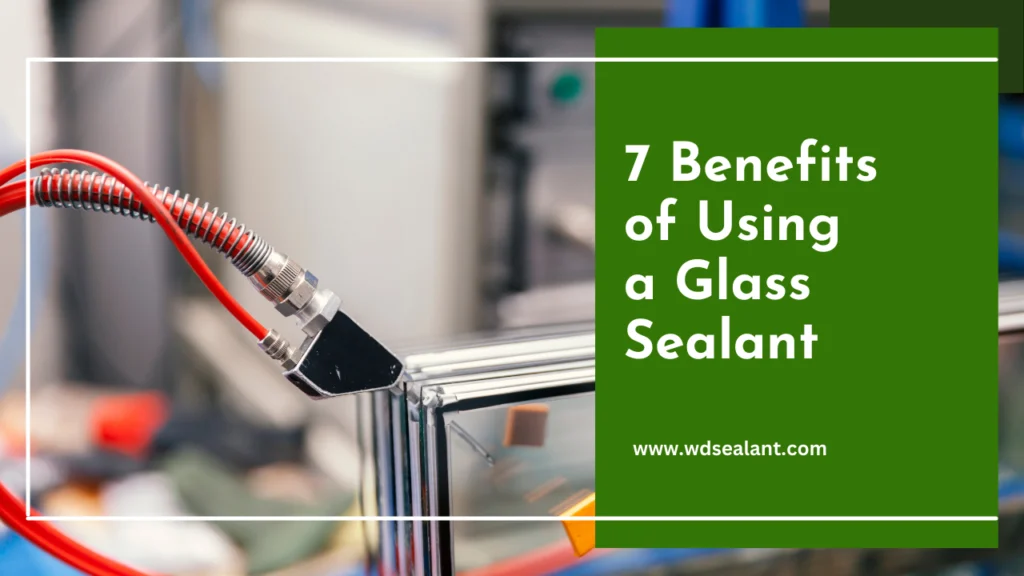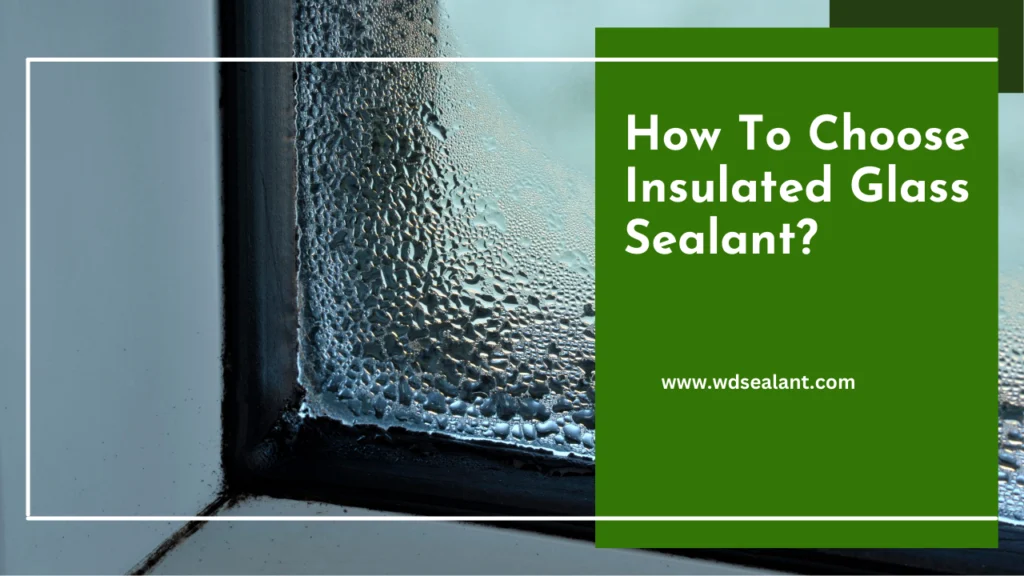Insulated glass sealant is one of the major components that go into the making of an insulated glass unit usually applied in windows, doors, and skylights. IGUs are specially designed to afford advanced thermal insulation, energy consumption reduction, and consequently enhance comfort inside. It is a sealant applied to the edges of the panes for an airtight and watertight barrier in a way that helps in sustaining the performance and endurance of the unit.
What is Insulated Glass Sealant?
Insulated glass commonly consists of two or more panes of glass that are spaced apart by spacers, with a vacuum or special gas such as argon or krypton filling the sealed space to provide the insulating medium between the sheets. The perimeter of a unit is therefore sealed against entry of moist air by a sealant. Such an arrangement would prevent entry of moisture and dust amongst others into space between the panes to disrupt insulating properties.
There are mainly two types of sealants involved in the manufacturing of insulated glass, namely, primary and secondary. The primary sealant is the first barrier to moisture and air infiltration. It is usually made from materials like polysulfide, polyurethane, or silicone. The secondary sealant is applied over the primary sealant to provide additional support and long-term durability. This secondary sealant is usually silicone or other flexible materials that serve to absorb movement and stress over time.
The quality of sealants used in IGUs significantly affects the performance of a window or door. Poor-quality sealants lead to seal failure, which is manifested by condensation, fogging, or loss of the unit’s insulating performance. Proper installation and correct sealant materials will ensure that the IGU performs in an optimum manner, further enhancing energy efficiency and comfort in residential and commercial buildings.
Besides their basic function of sealing, the so-called insulated glass sealants very often have to be resistant to weather, UV-resistant, and durable against temperature fluctuations, which makes them an integral constituent for long-lasting and energy-efficient windows and doors.

